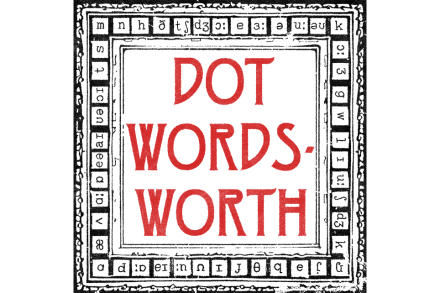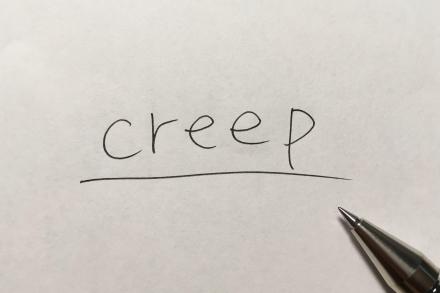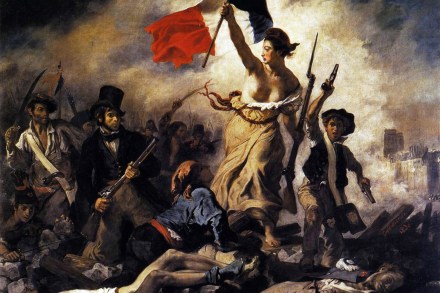RFK Jr and the curious birth of ‘brainchild’
‘No, RFK didn’t have a tapeworm eating his brain,’ declared my husband in the rare tone he adopts when he knows what he is talking about. I’d asked him as a doctor about something Robert F. Kennedy (last week sworn in as America’s health secretary) had said in 2012, according to a report in the New York Times last year. A problem experienced in 2010 was, he had said, ‘caused by a worm that got into my brain and ate a portion of it and then died’. ‘No, if it was cysticercosis,’ my husband insisted, ‘it would have been a larval form of the tapeworm forming a cyst in the brain.













